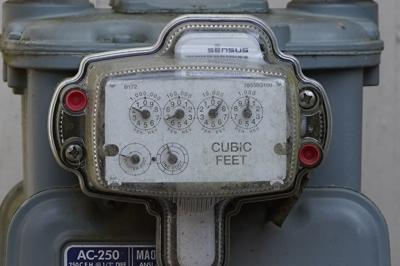(The Center Square) – After effectively banning non-electric space and water heating in commercial buildings in April, the Washington State Building Code Council proposes to extend the ban to residential structures.
The move is aimed at satisfying a state law that requires the SBCC to update the energy code to reduce 70% of the annual energy consumption from buildings by 2031 compared to a 2006 baseline.
Critics of the prior rule change, which applied to commercial buildings including larger apartment buildings, charged that it was an attempt to make an end run around the legislature.
”I’m very frustrated with the fact that it was the Building Code Council that decided this,” state Sen. Lynda Wilson, R-Vancouver, told KING 5 News. “They are unelected and unaccountable to the public.”
The residential rule change applies to single-family homes, duplexes, townhomes, and multi-family dwellings of 1 to 3 stories, requiring the use of a heat pump for all space and water heating, with some exceptions.
Under the rule, natural gas, baseboard heaters, wall heaters, radiant heat systems, and electric furnaces would be banned.
The SBCC states that heat pumps are two to four times more efficient than oil, gas, or electric resistance heating, saving consumers over $3,000 in initial costs and nearly $11,000 over the lifecycle of the equipment.
Critics have charged that full electrification would wind up being more expensive.
“Natural gas remains an efficient and reliable energy source for many Washington businesses and consumers,” Peter Godlewski, director of government affairs for energy, environment, and water at Association of Washington Business told The Center Square.
Godlewski added, ”Estimates by Seattle City Light and the Seattle Department of Constructions and Inspections show that installing a heat pump (the alternative allowed by the code proposals) adds anywhere from $3,000 to $22,000 (building size and height dependent, higher and larger buildings require larger and more expensive units) to the cost of each apartment. As Washington struggles with housing affordability, we need policies that make houses more affordable, not less.”
The proposed change will be reviewed at a public meeting of the SBCC on June 3.









